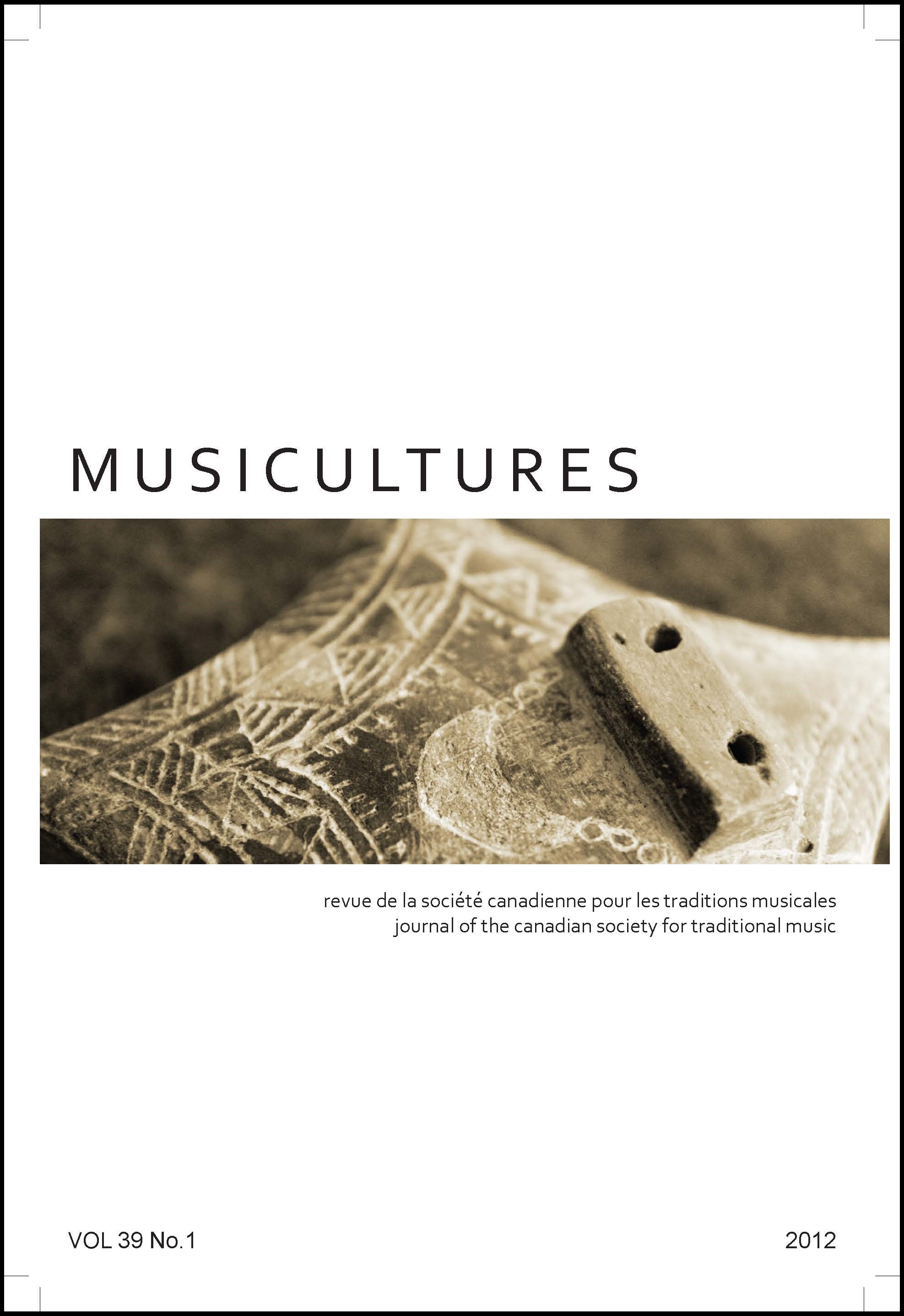Abstract
The juxtaposition of the words Indians, Christianity, and hip hop frequently unearths a sense of the unexpected (Deloria 2004). This is largely because expectations are too frequently confounded by the inability to recognize the links between African- and Native American peoples, the porous boundaries between the sacred and secular, or the complex relationships between Native peoples and Christianity. This article takes a closer look at the connections between indigenous peoples, pious devotion, and subversive rhyme by describing the characteristic ways that Emcee One, Quese, and RedCloud’s relationships to Christianity are inscribed, communicated, and indigenized through the lyrical messaging of modern hiphop. These MCs in word and action loosen totalizing discourses such as the assimilation/acculturation paradigm characteristic of mid-century ethnomusicology, or its modern consequent the localization/appropriation common to contemporary discussions of global hip hop. In the rhymes presented in this article, our MCs articulate everyday strategies that express both the “already local” nature of globalized hip hop (Pennycook and Mitchell 2009) within indigenous North American communities, as well as their distinctive ownership of indigenous spiritualities.- The author retains copyright over the work.
- The author grants the journal owner (The Canadian Society for Traditional Music / La Société canadienne pour les traditions musicales) an exclusive license to publish the work.
- The author may post a pre-print or post-print version of the work (see definitions below) on a personal website for up to twelve months after the work is published in MUSICultures. After twelve months, the pre-print version must be replaced with the published version.
- The author may deposit the published PDF of the work in a non-commercial online repository twelve months after the work is published in MUSICultures, or any time thereafter.
- Any such deposit must include a link to the work on the MUSICultures website, e.g., https://journals.lib.unb.ca/index.php/MC/article/view/19996
A pre-print is a work-in-progress—a contribution not yet accepted, or perhaps even submitted, to MUSICultures.
A post-print is the version of a contribution after peer review and acceptance by MUSICultures, with revisions completed.
The published version is the PDF file of a contribution as it appears in MUSICultures.
Please note that academia.edu and ResearchGate.com are both for-profit repositories; authors may not deposit the published PDF of the work in these repositories until after the journal’s embargo period.
For permission to reprint or translate material from MUSICultures, please contact Heather Sparling, General Editor of MUSICultures (heather_sparling@cbu.ca).

